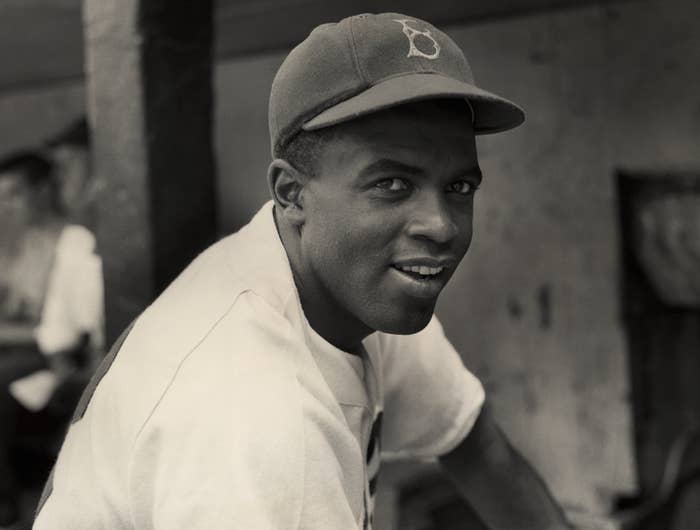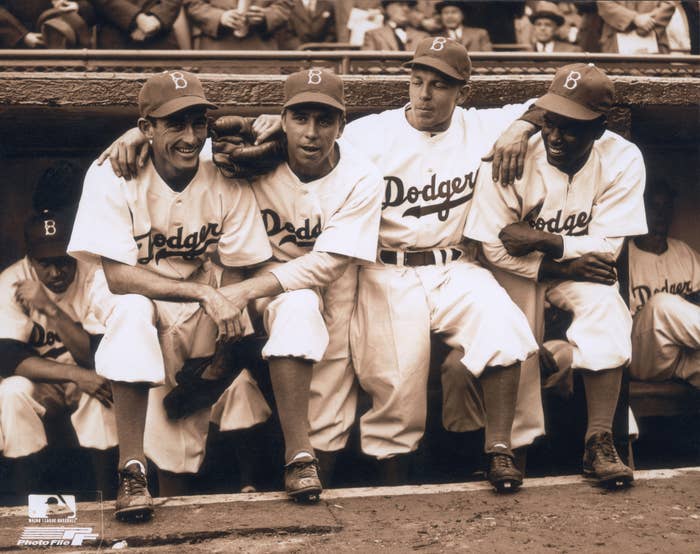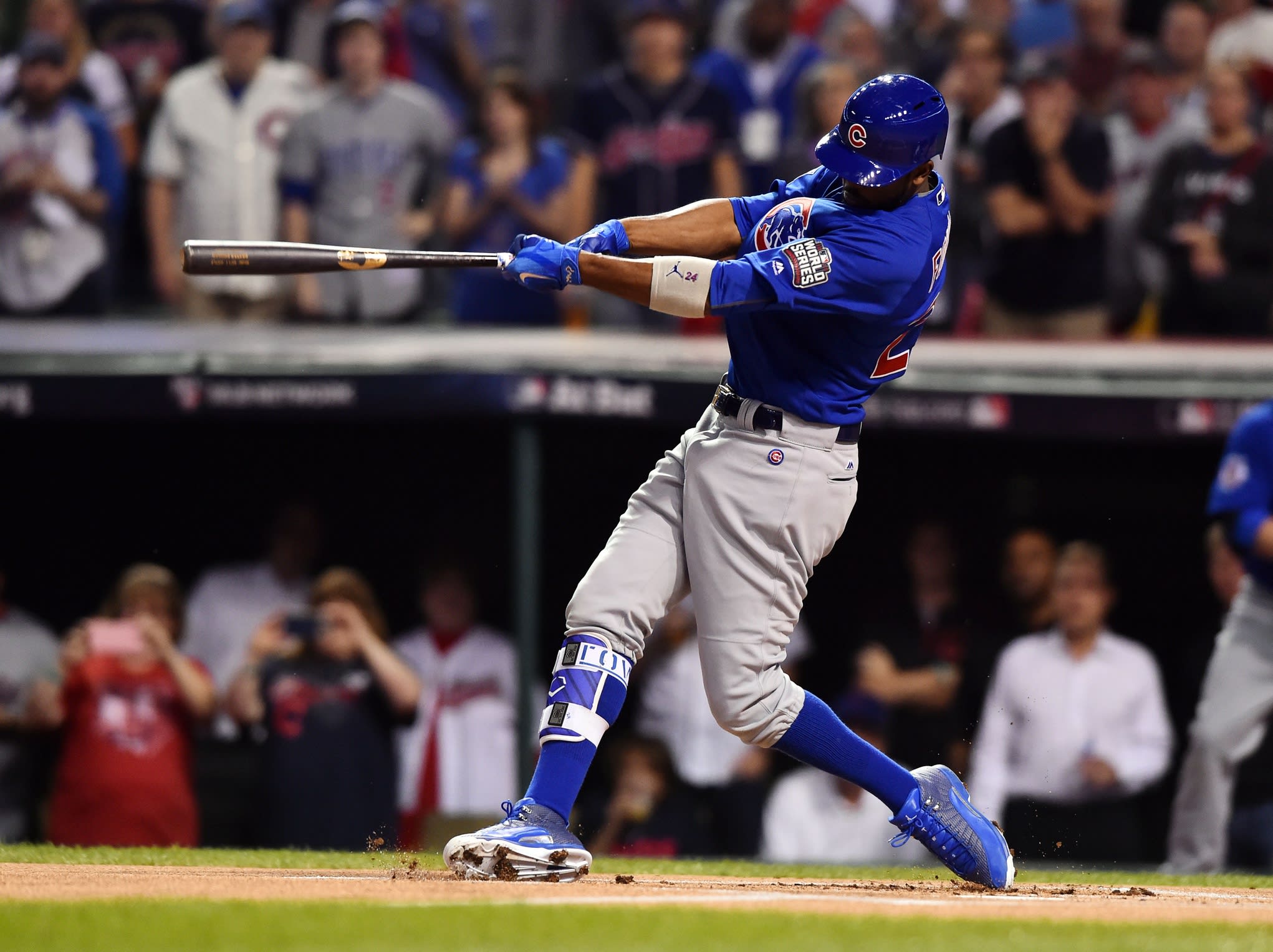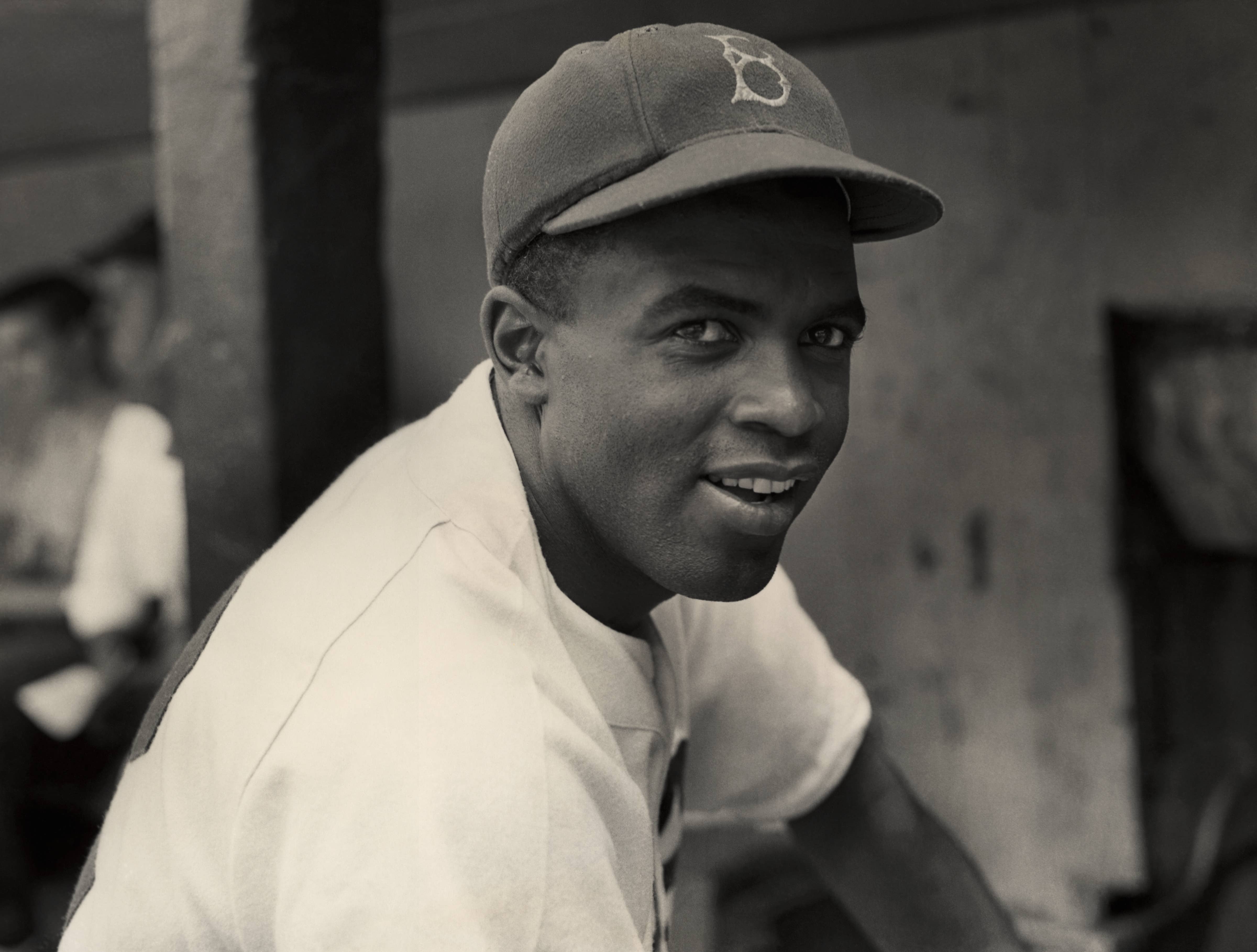
On Tuesday, April 15, 1947, a crowd of 26,623 fans gathered at Ebbets Field in Brooklyn, New York to watch history. Just five days earlier, the Brooklyn Dodgers had signed a former UCLA standout and military veteran to a major league contract. His name was Jack Roosevelt Robinson.
Jackie went 0 for 3 at the plate that day, but in history, he knocked one out the park. He was the first black Major League Baseball player, officially breaking the color barrier in baseball that been in place since 1880. His debut was a major moment early in the civil rights movement. It’s been 70 years since that day.
While history is always very kind in hindsight, Robinson wasn’t exactly met with unanimous cheers and affection. He endured an alarming amount of racial abuse: beanballs, insults, hate mail, and death threats from players and fans alike. Enos "Country" Slaughter of the St. Louis Cardinals deliberately spiked Robinson, causing a seven-inch gash. The manager of the Philadelphia Phillies told his players to scream racial epithets at Jackie during a game. Some of his own teammates passed around a petition to boycott the team if he remained.

Every year, MLB makes a big deal about celebrating Jackie Robinson Day. And every year, MLB misses the point by decentering the true hero of the story. Jackie’s triumph is often told in a way that frames Branch Rickey as the savior. A better way to honor Jackie would mean being more inclusive in hiring practices, both on and off the field. This would in turn encourage a culture of acceptance among fans. Black players, both professional and amateur—and the black fans who love them—still face some of the same pushback that Jackie did 70 years ago.
As a black woman who loves baseball, it’s hard; my relationship is dysfunctional at best. I love the game. I love the strategy involved, the unpredictability of it all. I love the camaraderie I have with my baseball fan friends.
But I hate being treated like a second-class fan.
Baseball culture is heavily influenced by white men, and what is deemed acceptable by white men is what has become the “standard.” When I attend a game in my typical outfit—bamboo earrings or hoops, a fresh throwback jersey, jeans, and Jordans—people gawk and stare. “They let you through security with those earrings?” one will ask. I’ve sat in front of men who interrupt my conversations to explain things to me. On occasion during games, I’ve overheard people complaining about rap music, gold chains, and other things considered cultural expressions by black and Hispanic people.
Recent comments by Detroit Tigers second baseman Ian Kinsler further illustrate this point. “I hope kids watching the W.B.C. can watch the way we play the game and appreciate the way we play the game as opposed to the way Puerto Rico plays or the Dominican plays,” Kinsler was quoted as saying. “That’s not taking anything away from them. That just wasn’t the way we were raised. They were raised differently and to show emotion and passion when you play. We do show emotion; we do show passion. But we just do it in a different way.”

When former Chicago Cub Dexter Fowler, now with the St. Louis Cardinals, called the current president’s travel ban “unfortunate,” the ugly side of baseball fandom reared its head. People were incredibly offended by a black player speaking his mind on an issue that affects his family. The comments about Fowler were the kind of dog whistles baseball fans have been yelling about for years, since the days of Jackie.
Occasionally, I find myself discouraged. I read tweets from baseball fans who seemingly hate fun and hate to see non-white players doing, wearing, or saying anything that they dislike. I find myself not really wanting to interact with a fandom that finds me and those like me to be undeserving of baseball. It’s…astonishing.
But then, I remember Jackie. At times when he wanted to let his temper get the best of him, he persevered. He didn’t let the critics, nor the racists, keep him from being great. In his eulogy of Jackie Robinson, Jesse Jackson said, "When Jackie took the field, something within us reminded us of our birthright to be free.”
I have a right to be here, Baseball. And by treating us the way you are, you’re doing Jackie a great disservice. In Jackie’s own words, I’d like to remind you, "I'm not concerned with your liking or disliking me...all I ask is that you respect me as a human being."

